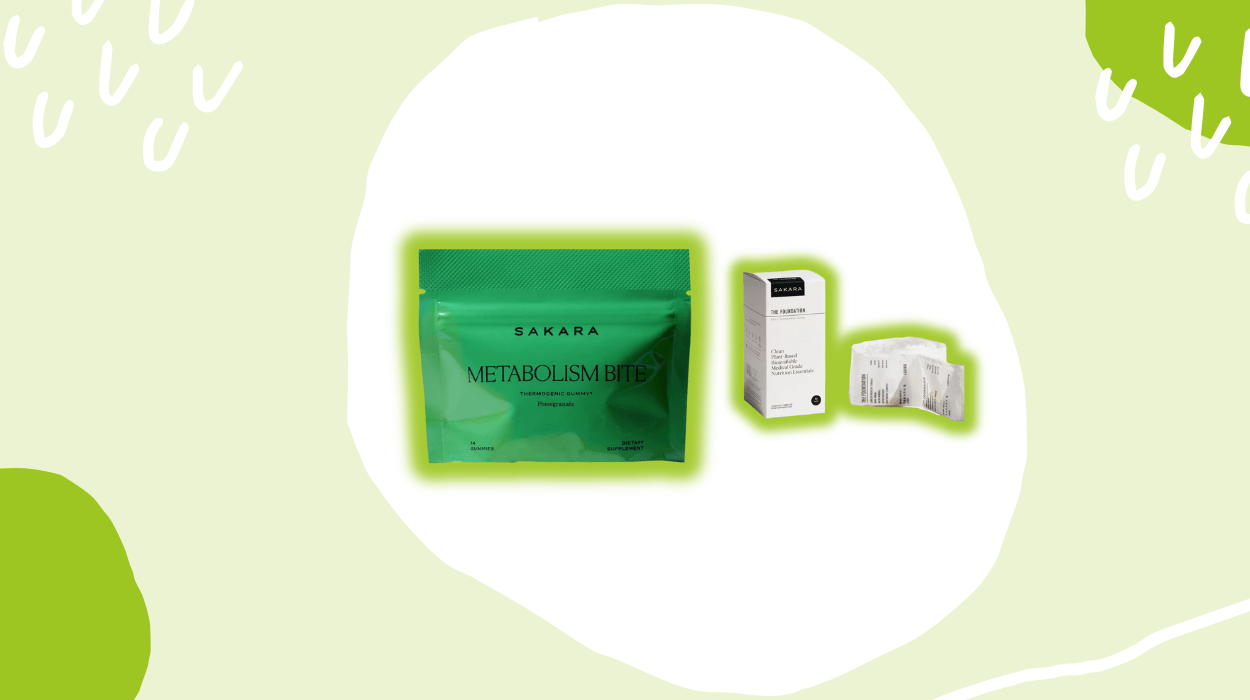

Fasting has gotten popular lately for its health benefits, like weight loss and feeling more awake. Drinking water may help you stay hydrated and can make you feel less hungry while fasting.
It could help your body work better by aiding digestion, circulation, and getting rid of toxins.
However, the rules about drinking water during fasting can be different depending on the type of fasting you're doing.
Knowing the amount of water you can consume and other alternative options may help you maintain optimal hydration during your fasting hours.
Fasting is a deliberate practice of abstaining from food and beverages for a designated period, often utilized for various purposes.
It comes in various forms, including intermittent fasting, where you can follow a pre-planned meal timing schedule with alternating periods of eating and fasting.
Intermittent fasting may include methods such as alternate-day fasting, periodic fasting, and time-restricted feeding.

Intermittent fasting alternates between designated periods of eating and abstaining from food. It may offer potential health benefits, including weight loss and improved metabolic health.
Intermittent fasting involves shifting between periods of eating and fasting, with various methods such as alternate-day fasting, periodic fasting, and time-restricted feeding.
One form of intermittent fasting is time-restricted eating, where you can limit your food intake to a specific window of time each day. For example, the 16/8 method includes fasting for sixteen hours and eating within an eight-hour window. This pattern could help regulate blood sugar levels, enhance fat burning, and promote overall health.
Water is essential to support the body's overall health and functioning. It acts as a carrier, transporting critical nutrients such as vitamins, glucose, amino acids, and minerals to and from the body's cells.
Water is vital for maintaining proper blood volume, viscosity, and circulation, which are necessary for the optimal functioning of all bodily tissues and organs.
Staying hydrated may help maintain normal body temperature, lubricate joints, and protect sensitive tissues like the spinal cord. It could also help eliminate waste through urine and sweat.
Drinking water can assist in the digestion and absorption of food, help in nutrient transportation, and support cellular processes like respiration and metabolism. It is also crucial in regulating the body's pH balance, electrolyte levels, and overall fluid balance.
You may experience various health issues, such as fatigue, dizziness, and impaired cognitive function, if you are not properly hydrated.
During a fast, you must avoid anything that could impact your blood sugar levels, leading to cravings and hunger. Since water does not affect blood sugar, it could be a safe way to keep yourself hydrated during fasting.
You can also drink sparkling water and naturally flavored seltzer without breaking your fast by staying aware of the additives mentioned on the labels.
When engaging in intermittent fasting, it is essential to consider suitable beverages that can be consumed to maintain hydration and support the fasting process.
Here are some fast-friendly drinks to consider:
Intermittent fasting highlights the timing of food consumption rather than the specific types of foods consumed, with one method being time-restricted eating.
Also Read:
Dry fasting is a practice of refraining from food and liquid intake for a set period of time. It is a form of intermittent fasting that excludes the consumption of water during the fasting window.
Dry fasting is generally not recommended for extended periods due to the essential role of water in the body's critical functions.
A prolonged period of dry fasting could interrupt temperature regulation and nutrient transport in the body due to dehydration.
You must consult with a healthcare provider before considering dry fasting to prioritize health and safety when exploring different fasting practices.
Beverages with high calories or sugar should be avoided during fasting periods as they can potentially break the fast and impact the fasting process. Avoid high-calorie beverages like:
These beverages could disrupt the fasting state by introducing sugars that may interfere with the metabolic processes intended during fasting. Therefore, when fasting, you could opt for calorie and sugar-free beverages like:
Understanding the daily water intake that your body requires is crucial for maintaining optimal health and supporting various bodily functions.
Here are some points to consider regarding how much water your body needs daily:
Staying hydrated is essential and safe during fasting periods, as dehydration could cause dizziness and nausea, inhibiting your fasting effects. You must listen to your body's needs and drink water as needed to support your health during fasting.
However, you can substitute your water intake with drinks like black tea, flavored water, and sparkling water. These drinks could keep you refreshed while maintaining your calorie control so as not to affect your fasting purpose.
Thus, depending on your fast type and duration, you can alter your water intake to achieve optimal hydration. Drinking enough water during your fasting window may help you stay fuller, preventing the urge to eat.
Contact us at [email protected] or follow @leafsnap on Twitter! View our Privacy Policy.